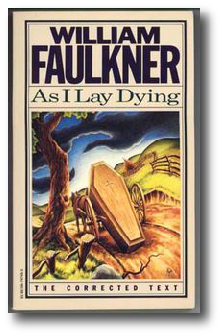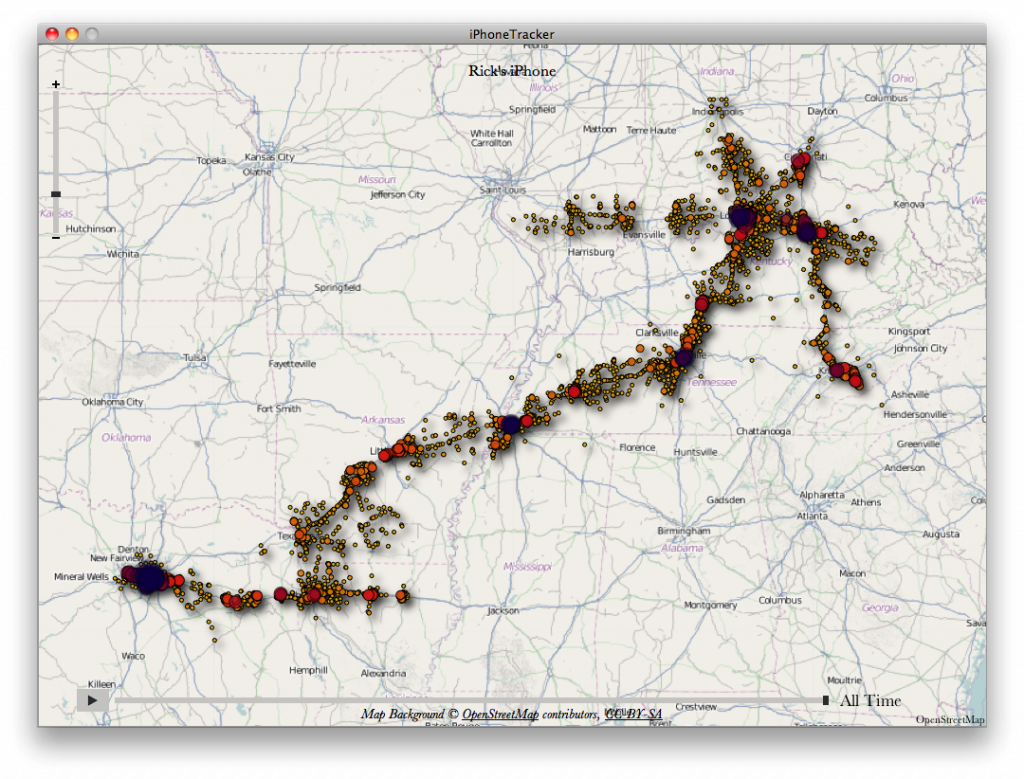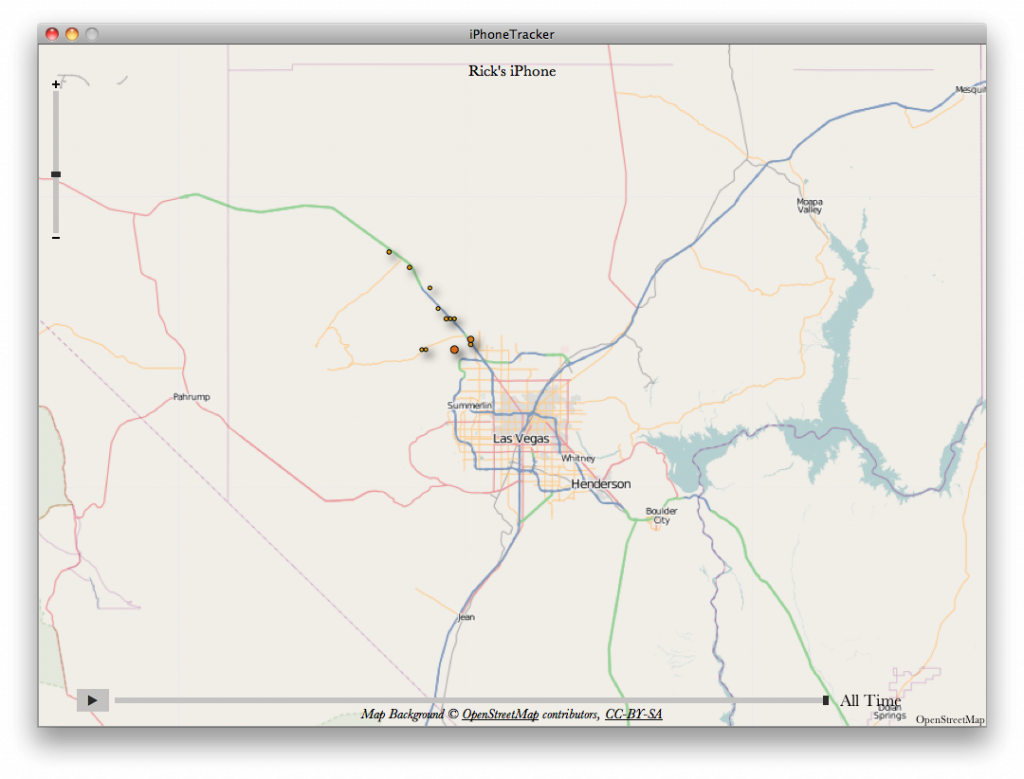 William Mansfield's simple grave marker in Maple Hill Cemetery, Phillips County, ArkansasSupposedly, my great grandfather shot first.
William Mansfield's simple grave marker in Maple Hill Cemetery, Phillips County, ArkansasSupposedly, my great grandfather shot first.
However, we only have the testimony of his killer for this fact. There were no other witnesses, so ultimately we’ll never know what really happened. All we know for certain is that on April 8, 1920, William P. Mansfield died of four gunshot wounds he received the previous day in Lexa, Arkansas.
Believe it or not, learning that my great grandfather died in a gunfight is not what shocked me most. The more startling revelation relates to what my great grandmother did afterwards.
William P. Mansfield was born in Kentucky in 1880, the son of a Scottish immigrant who married an American girl from the bluegrass state. I don’t know a lot about William, and I know even less about his parents, but I’ve learned enough to piece together his movements for the last fifteen years of his life. [2023 update: Elijah Mansfield was born in 1851 in Barren County, Kentucky. Yes, birth certificates for his sons, William and Thomas, both claim Scottish ancestry, but there's a mountain of proof otherwise. Evidently, my ancestors had habits of telling tall tales.]
In 1905, William married Daisy Julian, a young woman whose families had settled a couple of generations earlier in the northwest corner of Tennessee in Obion County. Daisy had grown up in Union City, right on the border with Kentucky, where she no doubt had met William. They married on Saturday, April 22, in Alexander County, Illinois. I’m not certain why they went to Illinois to get married, but it’s actually only 70 miles north of Daisy’s hometown.
By 1909, they were a family of four living in Helena, Arkansas: William, Daisy, Mary Elizabeth (age 2) and John my grandfather (age 1). William worked for the Solomon-Moore Land Company, and they all lived in company housing on the south end of town.
William moved the family wherever he could find the best work to provide for them. The very next year, the family crossed back over to the other side of Mississippi River and settled in Boyle, Mississippi, roughly seventy miles south down river.
The details surrounding the next few years are sketchy, but by 1920, the Mansfield family had moved back to Helena, Arkansas, where they show up in the 1920 U.S. Census, taken in January of that year. They were no longer living in company housing, and William seems to be working as a freelance carpenter.
 Daisy (my great grandmother) and her son, John (my grandfather), 1957 in Memphis, TennesseeIn my previous post, I wrote about John Mansfield (William’s son), my grandfather who died a few months before I was born. John was intelligent and charismatic, but ultimately, his life brought with it much tragedy. In the course of less than two decades, he abandoned two separate families--two wives and seven children combined. In the end, as an alcoholic and diabetic, he died alone in a flophouse of gangrene poisoning because he would not go to the doctor regarding his infected leg.
Daisy (my great grandmother) and her son, John (my grandfather), 1957 in Memphis, TennesseeIn my previous post, I wrote about John Mansfield (William’s son), my grandfather who died a few months before I was born. John was intelligent and charismatic, but ultimately, his life brought with it much tragedy. In the course of less than two decades, he abandoned two separate families--two wives and seven children combined. In the end, as an alcoholic and diabetic, he died alone in a flophouse of gangrene poisoning because he would not go to the doctor regarding his infected leg.
I also noted that my grandmother (John’s second wife) felt like her husband could have accomplished more in life had he not had to drop out of school with only a grade school education in order to support the family.
Why, though, did John have to drop out of school? When I started researching my grandfather and his family, I initially got stuck in 1920 because there were a number of unanswered questions.
Although I found the family intact in Phillips County, Arkansas, living in the town of Helena in January, 1920, I stumbled upon a marriage record for December of the same year in which a Daisy Mansfield married a man named L. E. A. Yeager. Assuming that there weren’t multiple Daisy Mansfields in Helena, Arkansas, in 1920, I had to wonder what had happened to William Mansfield? Did they divorce? Did something happen to him?
So I dug a little deeper and came across a listing in the Arkansas Death Index for a William Mansfield, who died on April 8, 1920, in Phillips County, Arkansas. Was this my great grandfather? Could he have died at less than 40 years old? To know for certain, I sent off for his death certificate. After I received it, I discovered that it was indeed the William Mansfield of my family tree.
If not some kind of terminal illness, I halfway expected to discover that William died in some kind of accident--perhaps a misstep in his line of work as a carpenter. I did not expect to see “gunshot wounds” as his cause of death. I was a bit shocked. Part of me, which has no real emotional attachment to this man, thought it sounded a bit exotic to have an ancestor die in a gunfight.
Nevertheless, I knew there had to be more to this story. How did my great grandfather get into a position in which he died of gunshot wounds?
Assuming that such an event would be big news in a small town in 1920, I contacted the Phillips County Library, which I had learned housed the archives of the local newspaper. After I described the event to one of the local librarians, she told me she would look in the newspaper around the days surrounding William’s death to see if there were any accounts of what happened.
When I talked to her later that afternoon, the librarian told me that she had found two articles regarding William Mansfield’s death. One was written soon after he had been shot, but while he was still alive. The second one was written after he had already died. She told me she would send the articles to me in the mail.
After I thanked her and was about to hang up, she said, “Oh, and I now know the name of your great grandfather’s killer, if you are interested.” I was certainly interested but had not really thought about it. I assumed that the killer would just be a name to me. Out of curiosity, though, I said, “Yes, please, tell me the killer’s name.”
 From The Helena Daily World, April 8, 1920You hear of people’s jaws dropping when hearing shocking news, but it seems like more of a cliche than an actual physical reaction. Yet, I can promise you that my jaw literally dropped when she said that the shooter’s name was L. E. A. Yeager.
From The Helena Daily World, April 8, 1920You hear of people’s jaws dropping when hearing shocking news, but it seems like more of a cliche than an actual physical reaction. Yet, I can promise you that my jaw literally dropped when she said that the shooter’s name was L. E. A. Yeager.
Yes, this was the same man my great grandmother, sweet Daisy, married later that year!
There were no eyewitnesses to what actually happened. The events reported in the paper on April 8, 1920, were based solely on the story of Lester Elgin Archer Yeager, a Phillips County sheriff’s deputy, and the shooter of my great grandfather. On the evening of Wednesday, April 7, 1920, my great grandfather, William P. Mansfield, traveled from his home in Helena fifteen miles to nearby Lexa, Arkansas.
According to Yeager, the quarrel between the two was over lumber contracts. Yeager also claims that William fired a gun twice before he could even open the door (a little detail that still sounds odd to me--was he trying to shoot through the door?). Then, Yeager returned fire shooting William four times. He died the next day.
Of course it’s tragedy enough that Daisy lost her husband in such a violent manner. Yet it absolutely blows me away that eight months later, she married her husband’s killer!
There is obviously much more to this story, and it will require an eventual trip to Helena, Arkansas, to look for more answers. In the meantime, though, I have lots of questions. For instance, I don’t blame Daisy for marrying so quickly. That was common in those days for means of support, especially when there were children involved. But why would she marry her husband’s shooter? Was William Mansfield a really bad man and Yeager seen as a savior? Were Daisy and Yeager involved in an illicit relationship? Did Yeager have some kind of power over Daisy and the rest of the family?
 From The Helena Daily World, April 9, 1920And what about my grandfather, John? Even if his father was a bad man, such events had to have taken a terrible toll on a 12-year-old boy. To lose a father at such a formative time in a young boy’s life would have long-term consequences. And what did John think about his mother marrying his father’s killer?
From The Helena Daily World, April 9, 1920And what about my grandfather, John? Even if his father was a bad man, such events had to have taken a terrible toll on a 12-year-old boy. To lose a father at such a formative time in a young boy’s life would have long-term consequences. And what did John think about his mother marrying his father’s killer?
I will always want to be clear that I don’t want to excuse my grandfather’s bad decisions in life. He made poor choices and they were his direct responsibility. And yet, with the knowledge I have now--even if still incomplete--I have to admit that I judge him less harshly than I did before.
Is it any surprise that someone who had experienced such tragic loss at such a young age might have trouble maintaining long-term relationships later in life? Again, even if William was not a nice guy, young boys often want to look up to their fathers, often overlooking their flaws. What kind of feelings were inside 12-year-old John when his mother married his father's killer? When she brought him into their home? Is it surprising at all that as an adult, he might try to futiley escape these memories in a bottle?
In my next and final installment, I’ll offer some closing reflections on these events and my grandfather’s life. And I may even throw in a little bit of philosophical speculation in regard to this very enthralling section of my family tree. Check back in a few days.
Part 1: The Grandfather I Never Knew
Part 3: Grief Upon Grief
Part 4: Confronting the Abhorrent Truth
Part 5: Prison Before Dishonor
As always, your thoughts, questions, comments, and rebuttals are welcome below.
 Tuesday, November 7, 2023 at 10:51PM
Tuesday, November 7, 2023 at 10:51PM  AHOS,
AHOS,  Accordance,
Accordance,  Eastern Orthodoxy,
Eastern Orthodoxy,  Kentucky,
Kentucky,  Logos,
Logos,  Louisiana,
Louisiana,  cancer,
cancer,  life in
life in  Personal
Personal 














